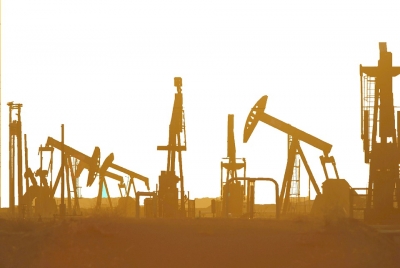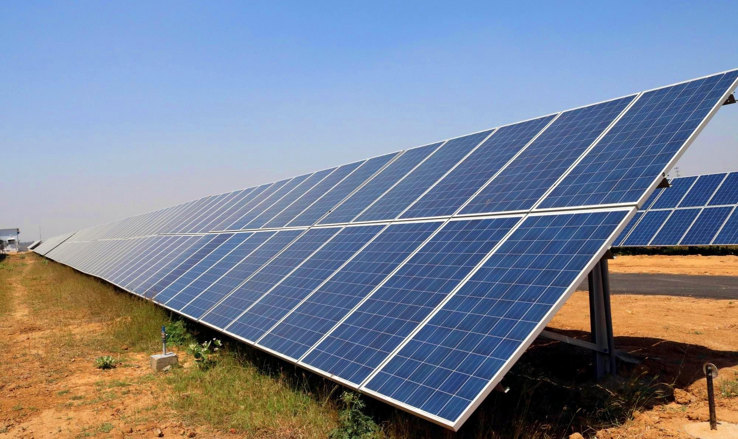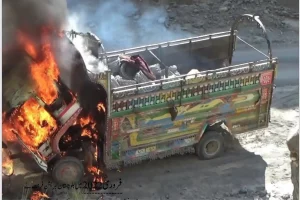Cash starved Islamabad, staring at a default, has a new headache now. Pakistan is desperately hoping to get a sanctions waiver from the US to be able to stitch up the construction work of the Iran Pakistan Gas Pipeline. The US has not yet taken a decision on the issue but if Islamabad fails to complete the project by March 2024, it would have to cough up a penalty of $18 billion to Iran. Concerns have risen for policymakers in Pakistan as many of them opine that the delay in the US’ decision would leave little time for the South Asian country to complete the project.
While Iran has completed construction of the pipeline which falls on its side—approximately 900 km stretch– work has not progressed in the Pakistan territory.
Islamabad has also sought US’ assistance for paying the penalty to Iran in case a waiver is not granted.
A section of policymakers in Pakistan has said that the US should be willing to pay the penalty if it refuses the waiver. Incidentally India has been given a waiver for development of the Chabahar project.
“The US should pay the penalty if it does not approve of Pakistan and Iran going ahead with the gas pipeline project. The USA will have to do away with double standards — being lenient with India in meeting its energy needs while punishing Pakistan for the same,” Dawn quoted Public Accounts Committee (PAC) Chairman Noor Alam Khan as saying.
But an analyst told India Narrative that for Pakistan time is running out. “The project has remained incomplete even after so many years..even if the US gives its nod, will Pakistan be able to complete the project within the stipulated time?” he asked.
Meanwhile, Tehran has already notified that it will move ahead with arbitration court proceedings in case Pakistan fails to complete the project by March next year. Iran has already incurred losses in billions due to the delay in implementation of the pipeline.
The $7.5 billion pipeline was expected to be completed by 2014. However, in 2019 the agreement was revised to provide more time to Pakistan.
As part of the arbitration clause, Pakistan was required to pay $1 million per day to Iran from January 1, 2015 if it failed to complete the project.
The pipeline once ready is expected to transport natural gas from Iran’s South Pars field to Pakistan’s Baluchistan and Sindh provinces. The project is critical for Pakistan which is facing an acute energy shortage.
India was part of the project at its inception. However, New Delhi backed out in 2009 owing to security reasons. Interestingly, the project was conceptualised by RK Pachauri, former Chair of the Intergovernmental Panel on Climate Change.
Though Iran and Pakistan share a 596-mile border, instability in the region has marred economic activities. “For more than a decade, the sparsely populated border areas have turned into hideouts for militants,” Al Monitor said, adding that smuggling has thrived, and a regular cross-border economy is protected by local mafias.
Also read: Iran-Pakistan rift widens after killings of 5 border guards




















